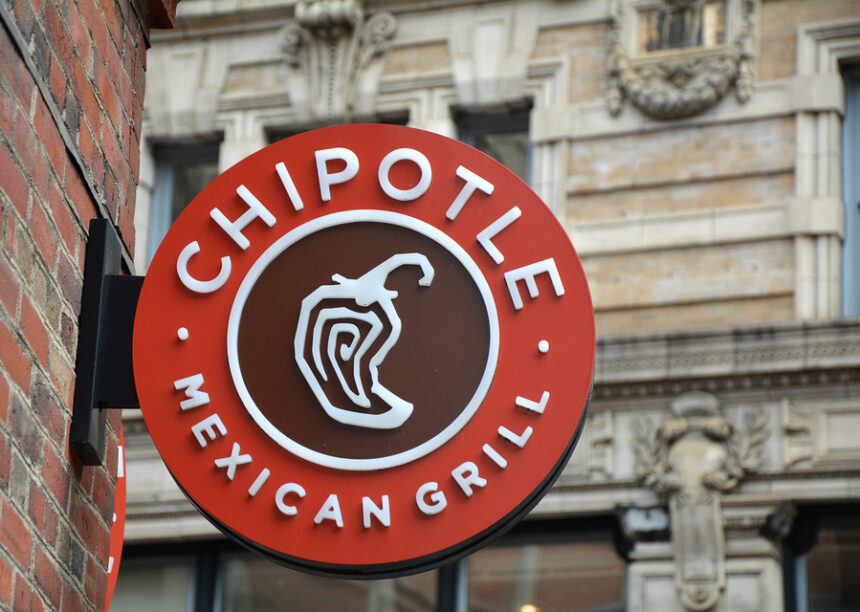In a bold move that marks a significant milestone in its global expansion, Chipotle Mexican Grill has announced plans to open its first location in Mexico by early 2026. The expansion is part of Chipotle’s broader international growth strategy and comes during a complex trade environment between the United States and Mexico.
Chipotle Mexican Grill Partners with Alsea for Market Entry
The fast-casual restaurant chain revealed on Monday that it has entered into a strategic development agreement with Alsea, a major restaurant operator headquartered in Mexico. Alsea is known for managing leading international brands such as Starbucks, Domino’s Pizza, and Burger King across Latin America and Europe. With its strong operational expertise and deep regional market knowledge, Alsea is expected to be a key player in driving Chipotle’s success in Mexico.
Following the inaugural restaurant launch in 2026, Chipotle plans to assess additional expansion opportunities throughout Latin America, signalling the company’s commitment to increasing its presence outside the United States.
A Timely Move Amidst U.S.-Mexico Trade Friction
Chipotle’s decision to enter the Mexican market arrives as the U.S. faces ongoing trade disputes with Mexico, driven largely by policies from former President Donald Trump. In recent years, tariffs on imports such as avocados—an essential ingredient in Chipotle’s offerings—have strained the trade relationship. Although the proposed 25% tariff on Mexican avocados was paused under the United States-Mexico-Canada Agreement (USMCA), trade uncertainty remains a factor.
Despite these challenges, Chipotle continues to rely on Mexico for approximately 50% of its avocado supply, although the company has actively diversified its sourcing in recent years to mitigate risks tied to political and economic volatility.
Why Mexico? Cultural Synergy and Culinary Roots
According to Nate Lawton, Chipotle’s Chief Business Development Officer, the brand sees Mexico as a promising market due to its deep-rooted food culture and familiarity with the fresh ingredients central to Chipotle’s menu. “We believe the authenticity and quality of our ingredients will resonate with Mexican consumers,” Lawton said. However, entering the Mexican market is not without risk. U.S.-based interpretations of Mexican cuisine don’t always align with local tastes. Notably, Taco Bell, owned by Yum! Brands, has made two unsuccessful attempts to penetrate the Mexican market, both of which were short-lived due to cultural mismatches and consumer pushback.
A New Phase in Chipotle’s Global Expansion
The Mexico expansion marks a new chapter for Chipotle, which, for most of its history, focused almost exclusively on its U.S. operations. In recent years, the company has taken deliberate steps toward becoming a global fast-casual leader. As of 2024, Chipotle operates:
- 58 locations in Canada
- 20 restaurants in the United Kingdom
- 6 outlets in France
- 2 units in Germany
- 3 locations in Kuwait
- 2 locations in the United Arab Emirates, operated under a separate agreement with the Alshaya Group
These strategic placements reflect a measured but determined approach to international growth, focusing on markets where the brand can maintain quality and consistency while adapting to local tastes.
A Calculated Bet on a Familiar Market
Chipotle’s venture into Mexico isn’t just an expansion—it’s a calculated bet that the brand’s commitment to fresh, excellent quality ingredients and customizable meals will resonate in a country with a rich culinary tradition. While the company faces stiff competition and the challenge of aligning with authentic local expectations, its partnership with Alsea and its established brand identity offers a solid foundation for success.
As the fast-casual giant eyes Latin America as a future growth frontier, the upcoming Mexico launch could become a pivotal step in Chipotle’s evolution from a U.S.-centric chain to a truly global brand. If successful, this move could pave the way for further penetration into culturally aligned markets across Central and South America.






